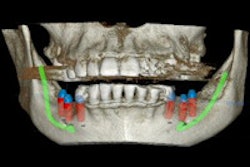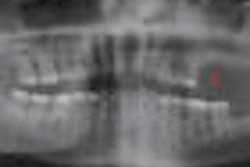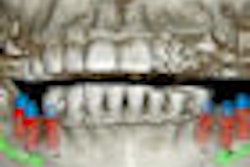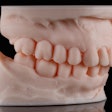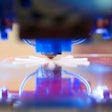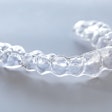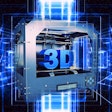Digital image compression does not affect the accuracy of root fracture detection, according to a study in Dental Traumatology (November 9, 2011).
The ability of a periapical radiograph to exhibit the fracture depends on many factors, including image resolution, noted the study authors, from the University of Texas Health Science Center, the University of Tennessee Health Science Center, and the Tufts University School of Medicine.
To evaluate the effect of JPEG compression on the diagnostic capability of periapical images in the detection of root fractures, the researchers took digital radiographs of 10 dry human mandibles containing 151 teeth using the paralleling technique.
The images were saved in one uncompressed and two compressed formats, and four observers compared the images and evaluated the effect of the compression on the accuracy of root fracture detection. The intrarater comparison showed "significant consistency" in detecting fractures, the researchers noted.
"Results did not show any statistically significant difference between the original, large images presented in tagged image file format (TIFF) and the two compressed images (JPEG medium file and JPEG small file images) in the detection of root fractures," they wrote.
The file size reduction, on the other hand, "is very beneficial for image electronic storage and in teleradiology," they concluded.




